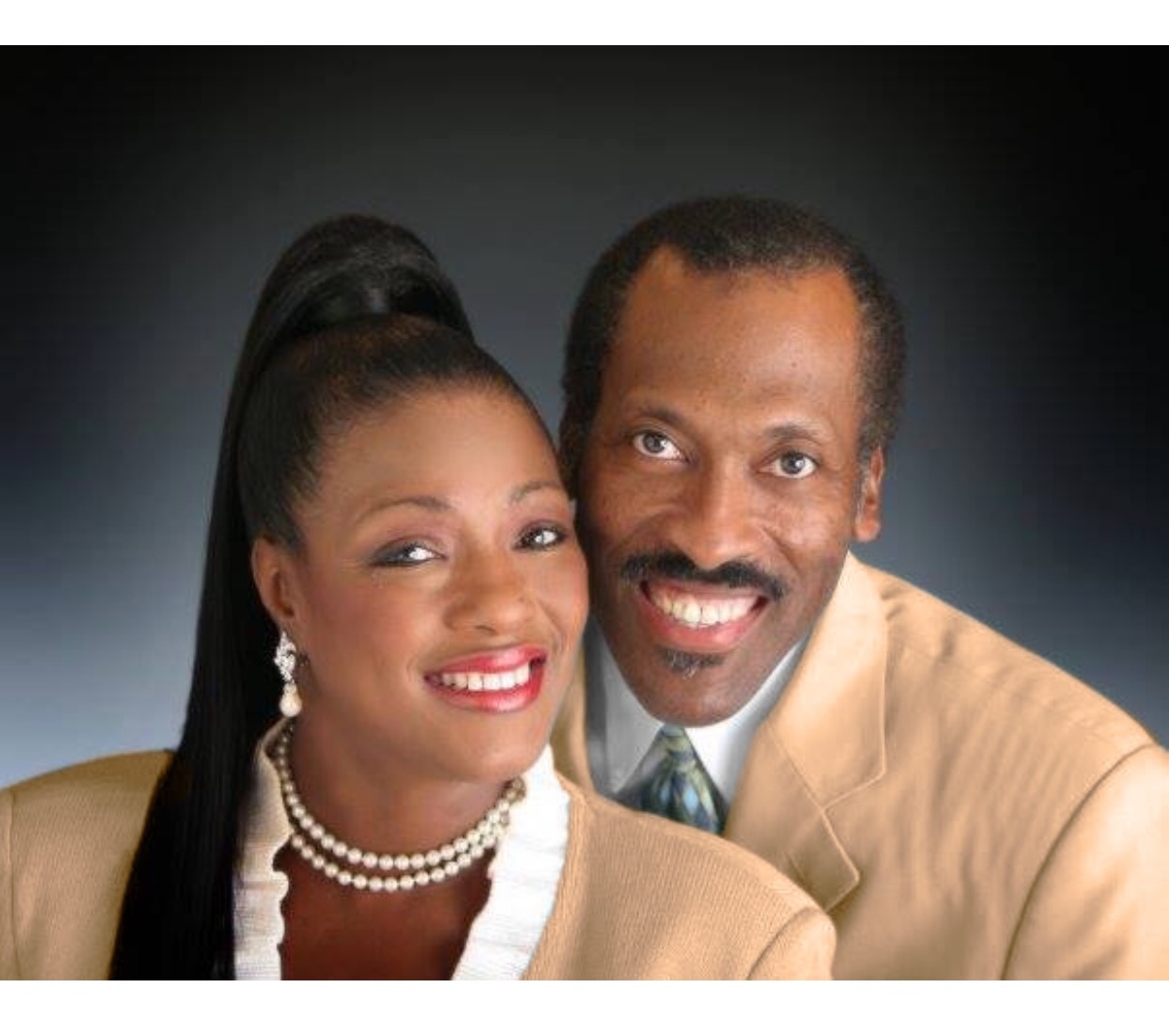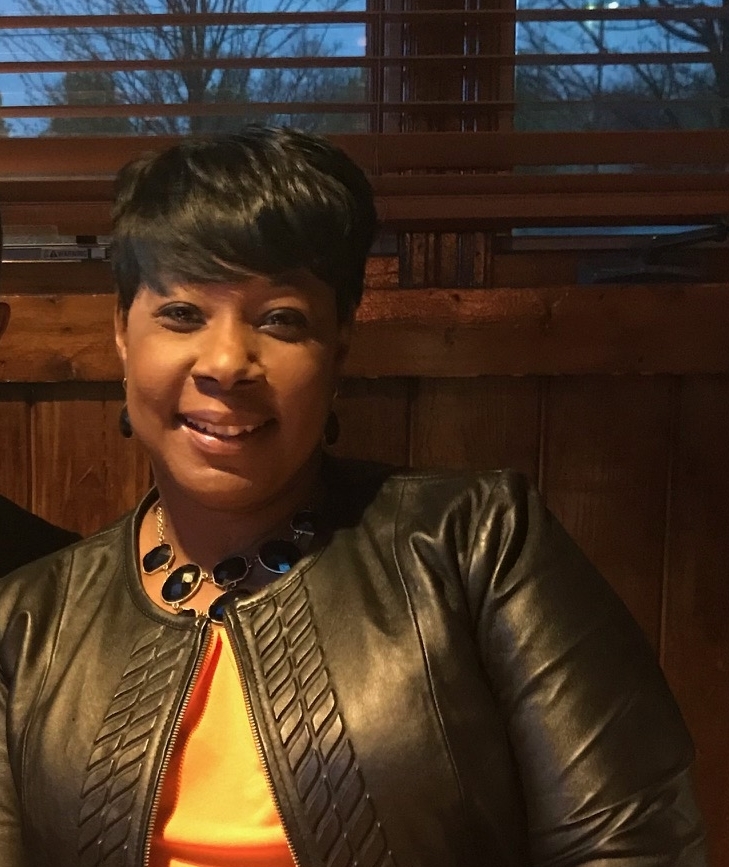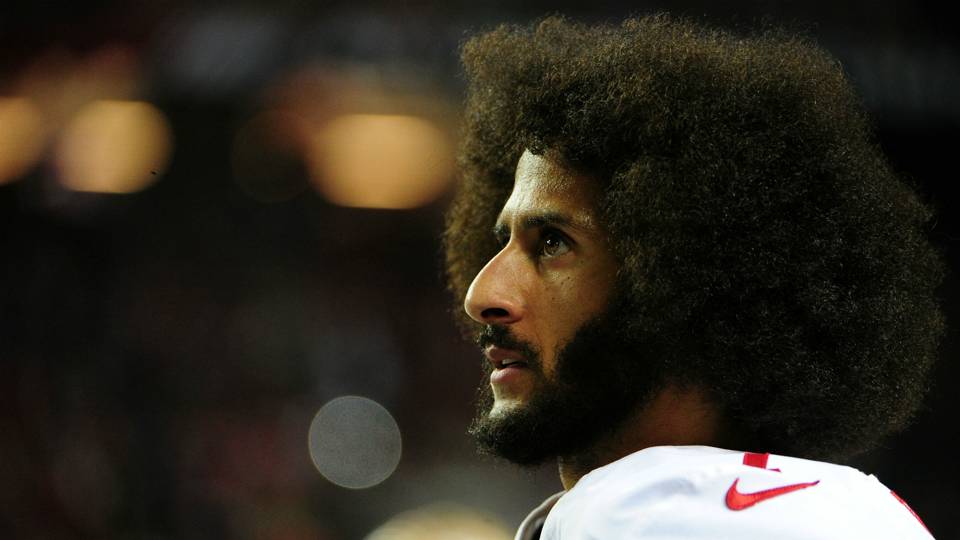
By Joseph P. Williams, Staff Writer
Racial disparities in health and health care providers persist in the US, and may go hand in hand.
IN HIS BRACING 2015 memoir, “Black Man in a White Coat,” Damon Tweedy examined race, health and the medical profession from his perspective as an African-American doctor navigating through a mostly white world.
The diagnosis wasn’t pretty.

Dr. Damon Tweedy(STOCKS PHOTOGRAPHY/PICADOR USA)
An august profession committed to treating anyone who needs it, Tweedy concluded, has a serious problem with diversity, with few doctors of color and white doctors who struggle to relate to black patients – particularly African-American men. The numbers support his conclusion: Roughly 6 percent of physicians and surgeons are black, even as African-Americans continue to struggle with a range of negative health outcomes compared with whites.
More evidence comes from a recent National Bureau of Economic Research paper indicating African-American men are more likely to feel comfortable with – and take health cues from – doctors who look like them. The findings also suggest that increased screening by a more diverse doctor workforce could help close the life expectancy gap between white and black men.
“African-American men can be more fearful and mistrustful of these systems, particularly in health care, where it can be scary,” says Tweedy, an associate professor of psychiatry and behavioral sciences at the Duke University School of Medicine, his medical school alma mater.
Medicine “is its own world, and it’s hard to navigate it if you don’t know what’s going on,” he says. “What that (patient) might need most is someone to reassure them that their concerns matter, that you care about what happens to them.”
A Twitter thread that went viral last week underscores the point: It described how an African-American patient didn’t seem to grasp the severity of his multiple sclerosis diagnosis, until a black doctor on the team explaining it to him sensed a disconnect, came back alone to the patient’s bedside and broke it down, brother to brother.
In a wide-ranging interview with U.S. News, Tweedy took on bias in medicine, the gap in white-black health outcomes – “They are a reflection of disparities in education, housing, jobs, income, geography and criminal justice; pretty much all of our systems ultimately impact health outcomes” – and whether he is optimistic about the future medical workforce. The interview was edited for length and clarity.
RELATED CONTENT

The Health of Black America
What do you make of data showing African-American men are more likely to trust – and follow instructions from – an African-American physician? I gather you’re not surprised.
There’s a tendency in our society to think of doctors and healthcare as somehow separate from other institutions, and in some ways that’s really not the case. The (racial discrimination) that have been present in other institutions, there’s no reason to think that they wouldn’t be present in health care.
That’s a lot of what I tried to convey with the book – that in some ways health care is just a microcosm of larger society. It’s not unique or distinct. (The mistrust) goes back a long way and (the issues prompting it) are still there. It goes back to history – a very ugly history, actually. People will say “Tuskegee experiment,” but there are so many other aspects to it. It’s almost more like an oral tradition, in a sense.
But you also believe the mistrust goes both ways, with doctors who aren’t comfortable treating black patients.
I think that’s what actually happens – there’s this sense of neither side feeling comfortable. For African-American men – as we’ve seen with all these police shootings – there’s an added sense of fear and threat in how people see us, and that itself furthers the communication breakdown.
I wouldn’t say it’s always a function of pure bias. Sometimes there’s another layer to it. Someone could be well-meaning and still not get what needs to be done. If you don’t feel comfortable around someone, as a medical professional your first instinct might be to fall back on your medical knowledge. That’s always kind of the default: Talk in technical terms. You may be trying to help the person in your own mind, but you’re maybe further alienating them because you’re coming off as more distant. And it can become reciprocal.
You’ve experienced it firsthand: A white doctor didn’t take you seriously until he found out you were a physician, too.
I had an old knee injury and I reaggravated it. It was getting worse. So I went to an urgent care clinic. The doctor really made no effort to connect with me. I had come from home, I had been working in the yard. I was dressed in tennis shoes, sweatpants. My M.D. identity was hidden, if you will.
The doctor was more or less dismissive of my complaint. Didn’t have any interaction or eye contact and was about to send me out. My first thought was, “Man, this is not cool.” So what do I do? I use some medical terminology.
RELATED CONTENT

Center Stage for Black Health
You code-switched.
Basically, yeah. But then there was that switch in him and how he reacted. And there was a change in the treatment course. I went from being sent out – just discarded, in a way – to getting further evaluation and X-rays and medications and physical therapy referrals.
It was just striking to sort of see that transformation – that you could be two different people. I mean, you know (racism) is there, you know it happens. But it’s striking to have it happen so clearly. You can be reminded pretty quickly that, “OK, people see (black men) differently – what are they seeing? What (prejudices) are they bringing to the table, and what are they basing it on?”
In your book, you wrote about working in a psychiatric facility, and how it revealed that mental health is an overlooked aspect of health care in the African-American community.
Mistrust is even worse with mental health. The issue – “Can this provider relate to you?” – is important in every area of medicine, there’s no doubt. But in mental health, you’re talking about emotions and feelings, and ways you perceive the world. And psychiatry itself has a really bad history in terms of how it’s exploited people.
In many black people I would see, there’s a sense that, “We’ve overcome so much.” Psychiatry is kind of a luxury. In some ways, psychiatry is like the white man’s treatment. And if (a provider) is not comfortable with the person they’re seeing, they start talking in medical-ese, which is the last thing you need.
The other problem is the mental health system is driven more by health insurance status and your ability to pay out of pocket even more than other areas of medicine. All too often you’ll see black patients in lower socioeconomic status seeking help, and the options are so paltry. If a kid needs to see a child psychiatrist or you need to see some kind of specialist within mental health, you really don’t have access to it because many psychiatrists don’t take insurance, especially public insurance like Medicare or Medicaid.
All that brews together in a bad cocktail.
Nevertheless, you say you’ve seen signs of improvement.
I think the profession is slowly starting to get it, but these things can take time. It’s hard for (old-school medical professors) to be the one to instruct a young person on how to be comfortable around black patients.
RELATED CONTENT

Is Wealth the Only Road to Health?
But there’s no question that there are people trying to address these issues. I’ve had the fortune to visit a lot of different medical schools for the last few years – maybe two dozen, three dozen. All sorts of programs are happening at different schools.
And the younger generation of medical students is different. When I was coming into medical school, most people went because there’s a sense of wanting to help people, but also really being into the science, and being proficient and the technical aspects of medicine, which will always be important. But what we’re seeing now is that there are many students who are going to medical school with a sense of social justice. They really are wanting to address disparities, help address inequality – white and black and Asian students.
I remember as a student, we had a mandatory lecture about insurance in medical school. The professor had a hard time generating any discussion about the health care system. People didn’t come to med school to deal with that – that wasn’t their problem. Now, they’re actively talking about health care reform, health insurance. Back then, those kinds of students weren’t around, or if they were, it might have been one person, two people. Now there are groups of students like that. I really think that’s going to, in the long term, begin to bring change.
Given the disparities in health outcomes, and the data showing the medical profession sorely lacks minority doctors, do you believe things are improving for African-Americans? Or is the country backsliding?
It’s uneven. I am encouraged about a younger generation of providers being focused and dedicated on this issue. That’s really important. It’s only been the last 10 to 15 years that people have actually been thinking about (racial bias) in a systematic way. I think we’re starting to see the fruits of that, but it will be awhile longer before we fully see the benefits.
I would say I’m actually more hopeful than not. But as long as there are barriers in other issues, like education and jobs – income – there’s always going to be some disparities that will play out in the health field in some way.
Joseph P. Williams is a news editor with U.S. News & World Report. E-mail him at JWilliams@usne… READ MORE
Tags: race, health, health care, doctors, medical quality










